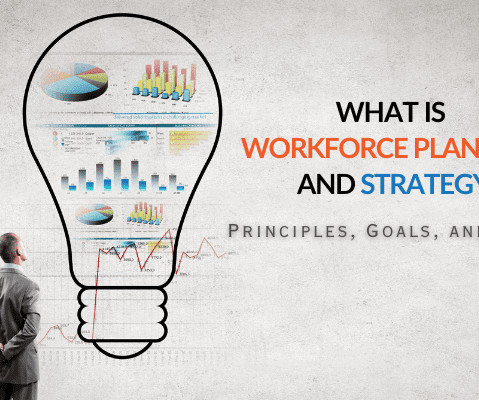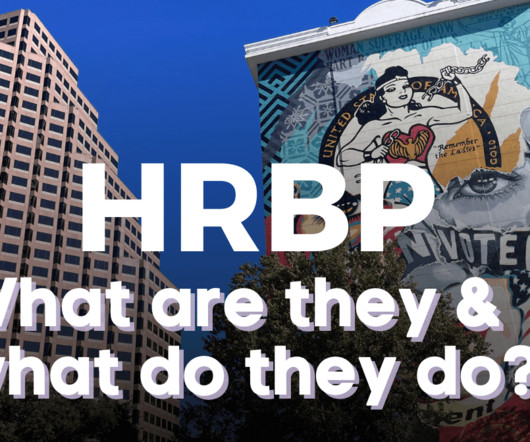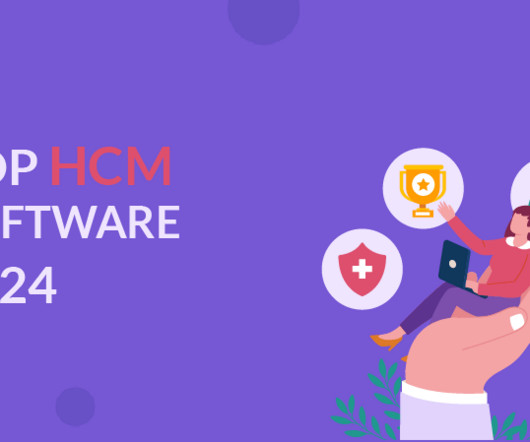Strategic Workforce Planning: Aligning Human Resources With Business Goals
Engagedly
JULY 9, 2023
Strategic workforce planning is an essential component of managing human resources effectively. The workforce planning process involves aligning the organization’s workforce with its business goals. It helps businesses to ensure long-term sustainability and success.























Let's personalize your content